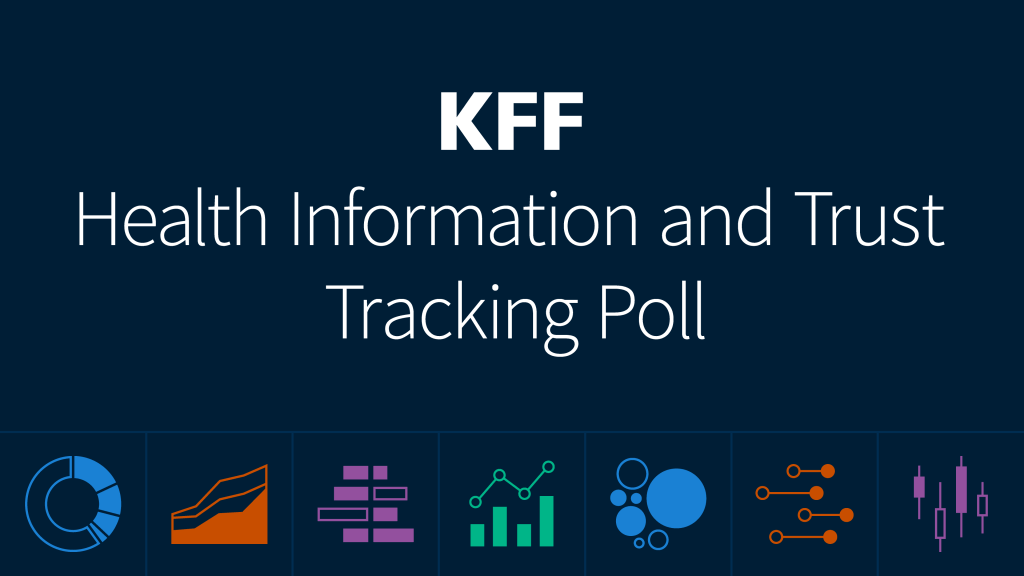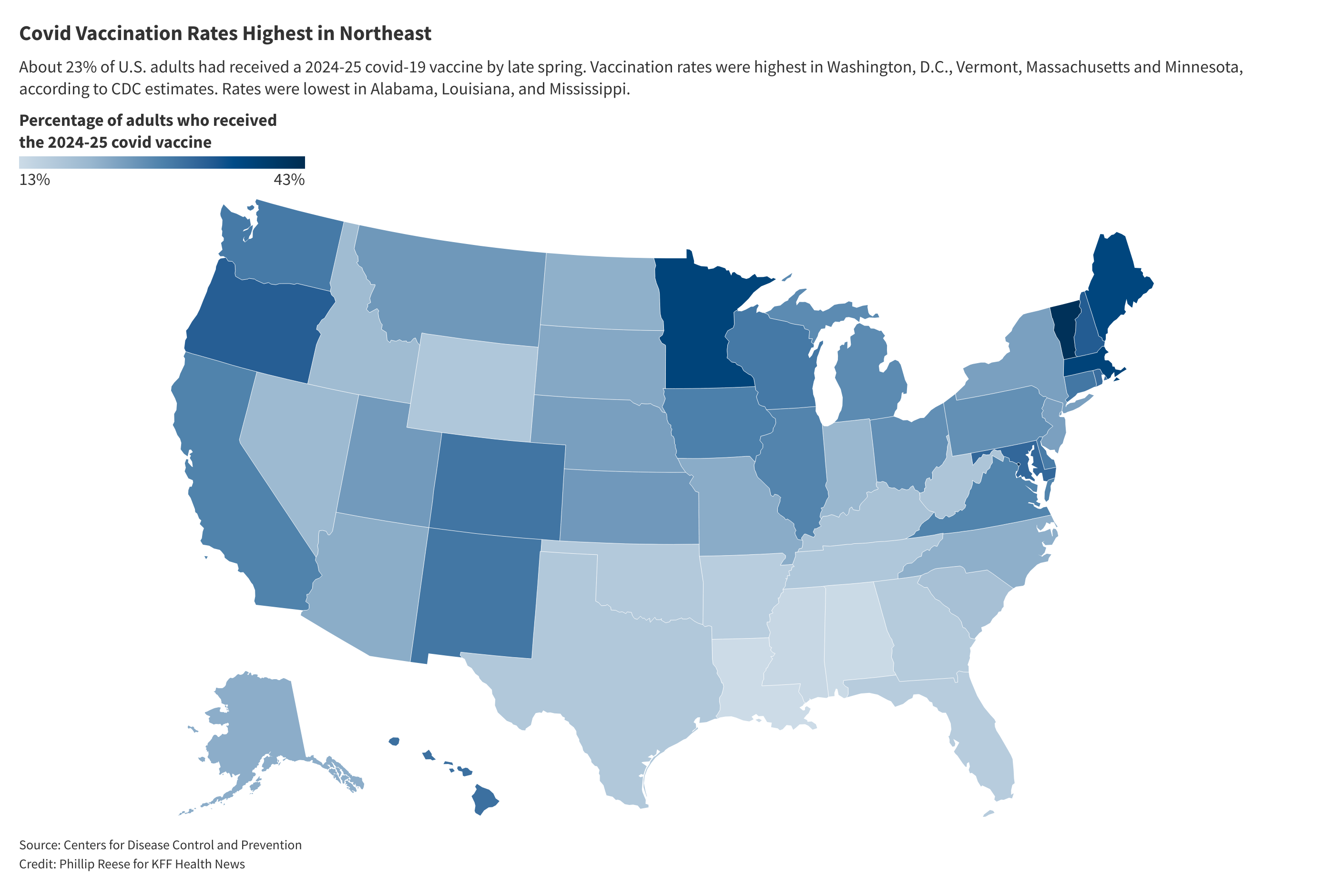1 in 8 Adults Say They Are Currently Taking a GLP-1 Drug; Half Say the Drugs Are Difficult to Afford
About one in eight adults say that they are currently taking a GLP-1 drug either to lose weight or treat a chronic condition, an increase from 18 months ago, though the high costs of the medications remain a concern. Few adults think it is likely their prescription costs will go down as a result of recently announced Trump administration policies.





